Have you ever felt that the media is biased against your views? If yes, then you might have fallen prey to the hostile media effect theory.
In today’s world, the media plays a crucial role in shaping our beliefs and opinions. That’s why it can be a double-edged sword. We rely on media outlets to provide us with information about events happening around the world.
However, it can easily influence and manipulate our thoughts and emotions about specific topics and issues by reinforcing our biases.
What is the hostile media effect theory?
Hostile media effect definition: The hostile media effect theory is a phenomenon where people perceive media coverage to be biased against their beliefs or opinions.
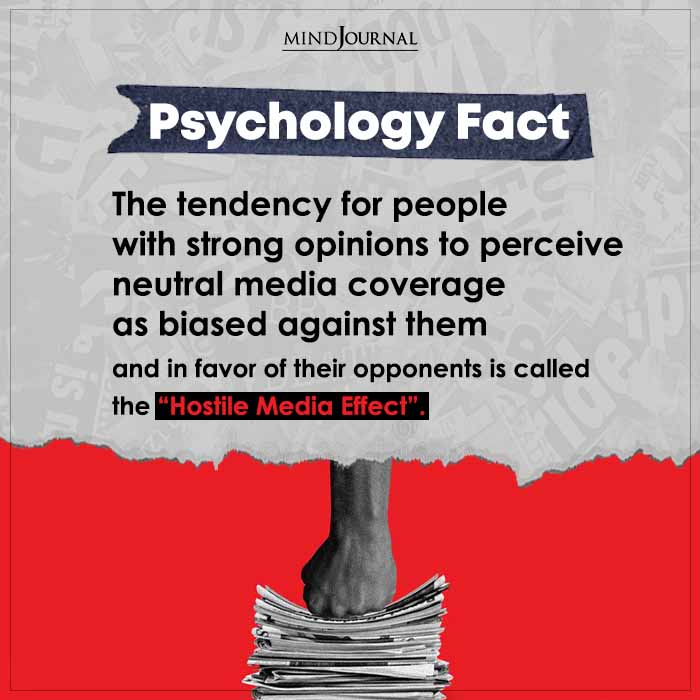
It is a cognitive bias that occurs when individuals perceive media coverage to be hostile towards their group or ideology. Also known as hostile media perception, it is a cognitive bias that involves how we perceive media coverage and how it affects our beliefs.
Related: The Damaging Effects Of Negativity On Your Health
Now that we now the hostile media effect definition, let’s focus on the history of this theory.
Origin of hostile media effect theory
The theory was first proposed by researchers Vallone, Ross, and Lepper in 1985. They conducted an experiment where they showed participants news coverage of the 1982 Lebanon War from either a pro-Israeli or a pro-Palestinian perspective.
Participants who identified with one of the two sides perceived the coverage to be biased against their side, even though the coverage was identical.
Since then, researchers have conducted multiple studies on the hostile media effect theory, and the results have been consistent. People tend to perceive media coverage to be biased against their beliefs or opinions, regardless of the actual bias of the coverage.
Understanding the hostile media effect theory
According to the hostile media effect definition, when people hold deep-rooted beliefs, they naturally become sensitive to any information that challenges or contradicts their views. They might see neutral reporting as hostile just because it doesn’t align with their preconceived notions. It’s like feeling that the media is out to get you and your beliefs!
The hostile media effect or hostile media perception occurs due to a cognitive bias called “confirmation bias.” We all tend to seek out and remember information that supports what we already believe, while unconsciously downplaying or forgetting the information that challenges our beliefs. It’s like wearing tinted glasses that only let in the colors we want to see!
So, what can we do about it? Awareness is the key! Knowing about the hostile media effect can help us approach news with a more open mind. It’s essential to question our own reactions to news stories and consider the possibility that our emotions might be influenced by our existing beliefs.
Next time you find yourself getting worked up about a news report, take a step back, and try to see it from different perspectives. Engaging in healthy discussions with friends and family can also help us gain new insights and broaden our understanding of complex issues.
Remember, no news outlet is entirely free from bias, but being aware of our own biases can help us become more informed and critical thinkers. So, let’s stay curious, stay open-minded, and navigate the vast ocean of media with a discerning eye.
Hostile media effect examples
To better understand the hostile media effect definition, we need to explore some real life examples of this phenomenon.
One of the most prominent hostile media effect examples is the coverage of the 2020 U.S. Presidential Election. Supporters of both candidates perceived the media coverage to be biased against their candidate.
Trump supporters claimed that the media was biased against Trump and favored Biden, while Biden supporters claimed that the media was biased against Biden and favored Trump.
Another hostile media effect examples is the coverage of the Israel-Palestine conflict. Supporters of both sides perceive the media coverage to be biased against their side.
For instance, Israelis claim that the media is biased against Israel and favors Palestine, while Palestinians claim that the media is biased against Palestine and favors Israel.
As you can see through the hostile media effect examples, the hostile media effect theory is not limited to one specific issue. It can occur whenever there are two opposing sides, and the media provides coverage of the issue.
Related: Negative Effects Of Instagram On Mental Health: 7 Ways Instagram Ruins Lives
Factors contributing to hostile media effect theory
Several factors contribute to the hostile media effect or hostile media perception phenomenon and some of them as mentioned below –
1. Pre-existing beliefs
One of the most significant factors is the individual’s pre-existing beliefs and attitudes. People who hold strong beliefs or attitudes about an issue are more likely to perceive media coverage as biased against their beliefs.
2. Media credibility
Another factor is the perceived credibility of the media outlet. People are more likely to perceive media coverage as biased if they perceive the outlet to be less credible.
For instance, people who identify as conservative are more likely to perceive coverage from liberal media outlets as biased.
3. Framing of the coverage
The media’s framing of an issue can also contribute to the hostile media effect. People are more likely to perceive media coverage as biased if the coverage frames the issue in a way that is inconsistent with their beliefs or attitudes.
4. Social and cultural influences
Lastly, the cultural and social context can also add to the hostile media perception. People are more likely to perceive media coverage as biased if it conflicts with their cultural or social norms.
How hostile media effect theory affects you
The hostile media effect can have significant effects on individuals and society as a whole, such as –
1. Reinforcing beliefs
One of the most significant effects is that it can reinforce existing beliefs and attitudes.
People who perceive media coverage to be biased against their beliefs are more likely to become more entrenched in their beliefs and less likely to consider opposing viewpoints.
2. Create social divisions
The hostile media effect can also lead to polarization and division in society. When people perceive media coverage to be biased against their beliefs, they are more likely to view those who disagree with them as enemies.
This can lead to a breakdown in communication and an increase in hostility between opposing groups.
3. Reduced trust in media
Additionally, the hostile media effect can lead to a decrease in trust in the media. When people perceive media coverage to be biased, they are less likely to trust the media as a source of information.
This can have implications for democracy, as a free and independent media is essential for an informed citizenry.
Related: Negative Effects Of Instagram On Mental Health: 7 Ways Instagram Ruins Lives
How to mitigate hostile media effect
There are several ways to mitigate the hostile media effect, also known as hostile media perception. One of the most effective ways is to provide people with information about media bias and how it works. When people understand how media bias works, they are less likely to perceive media coverage as biased against their beliefs.
Another way is to provide people with exposure to opposing viewpoints. When people are exposed to opposing viewpoints, they are more likely to consider opposing perspectives and less likely to become entrenched in their beliefs.
Lastly, media outlets can mitigate the hostile media effect by providing balanced coverage of issues. When media outlets provide balanced coverage, they are less likely to be perceived as biased by either side.

How to avoid falling prey to the hostile media effect theory?
Individuals can become more aware of their own perceptions of media coverage and avoid falling prey to the hostile media effect by following these steps:
1. Be aware of your own biases
Everyone has biases, whether conscious or unconscious. It is important to recognize your own biases and how they may influence your perceptions of media coverage.
2. Consume diverse sources of news
To avoid the hostile media effect, it is essential to consume news from diverse sources. This means reading and watching news from different outlets with different perspectives.
By doing so, you can gain a more well-rounded understanding of an issue.
3. Fact-check and verify information
In the age of social media, it is easy for false information to spread quickly. To avoid falling prey to false information, it is important to fact-check and verify information before believing or sharing it.
4. Consider the source of the information
When consuming news, it is important to consider the source of the information. Some sources may be more biased than others, so it is important to be aware of the bias of the source.
5. Engage in critical thinking
To avoid the hostile media effect, it is essential to engage in critical thinking. This means questioning the information presented and considering alternative perspectives.
By following these steps, you can become more aware of your own perceptions of media coverage and avoid falling prey to the hostile media effect.
It is important to remember that media bias is inevitable, but by being aware of it and consuming a diverse range of sources, we can become more informed and engaged citizens.
Takeaway
The hostile media effect theory is a cognitive bias that occurs when people perceive media coverage to be biased against their beliefs or opinions. It can have significant effects on individuals and society as a whole, including reinforcing existing beliefs, leading to polarization and division, and decreasing trust in the media.
However, there are ways to mitigate the hostile media effect, such as providing information about media bias, exposure to opposing viewpoints, and balanced coverage by media outlets.
As consumers of media, it is important to be aware of the hostile media effect and to examine our own perceptions of media coverage. By being open to different perspectives and understanding how media bias works, we can become more informed and engaged citizens.
Related: 8 Signs You Need To Stay Away From Social Media
Frequently Asked Questions (FAQs):
What is the hostile media effect in news?
The hostile media effect in news refers to the perception of bias against one’s own beliefs when consuming media.
What are the effects of media bias?
The effects of media bias include polarization, distrust in media, reinforced beliefs, and limited exposure to diverse perspectives.
What are the 5 media effects?
The five media effects are: agenda-setting, cultivation, framing, social learning, and the hostile media effect.


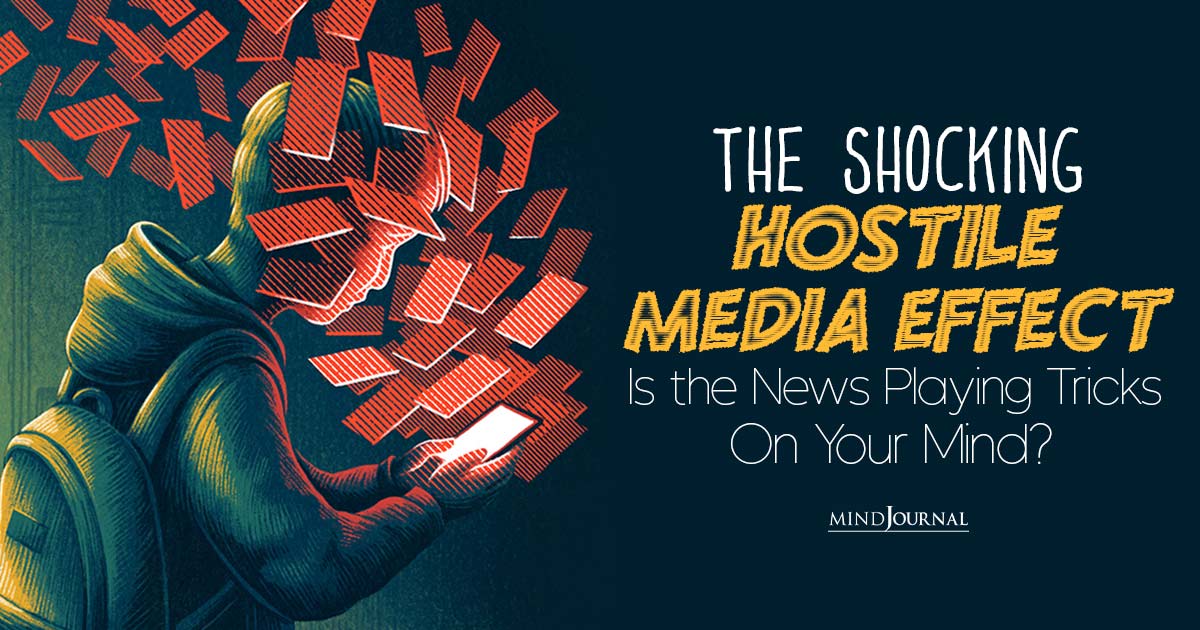

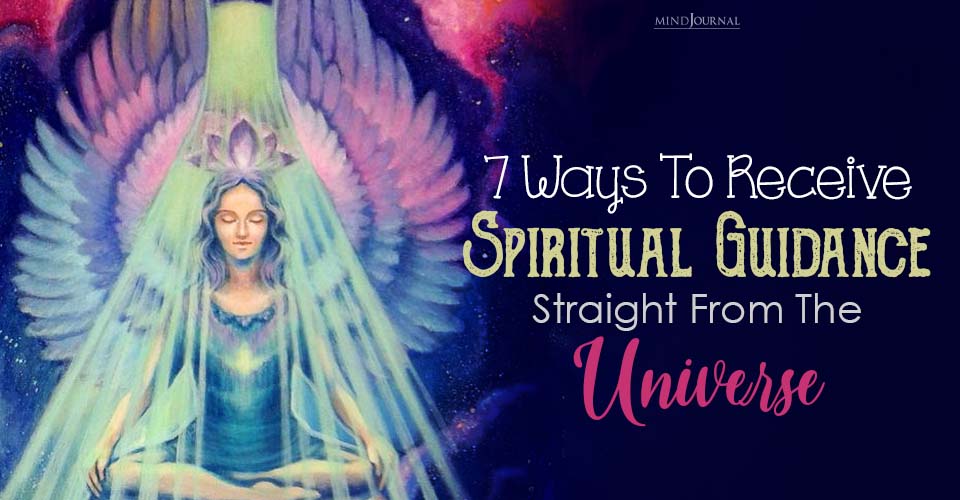
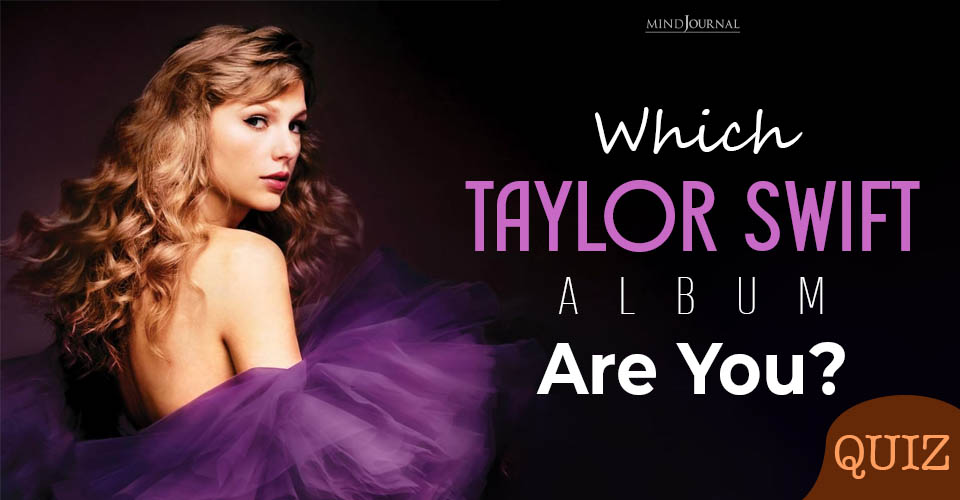

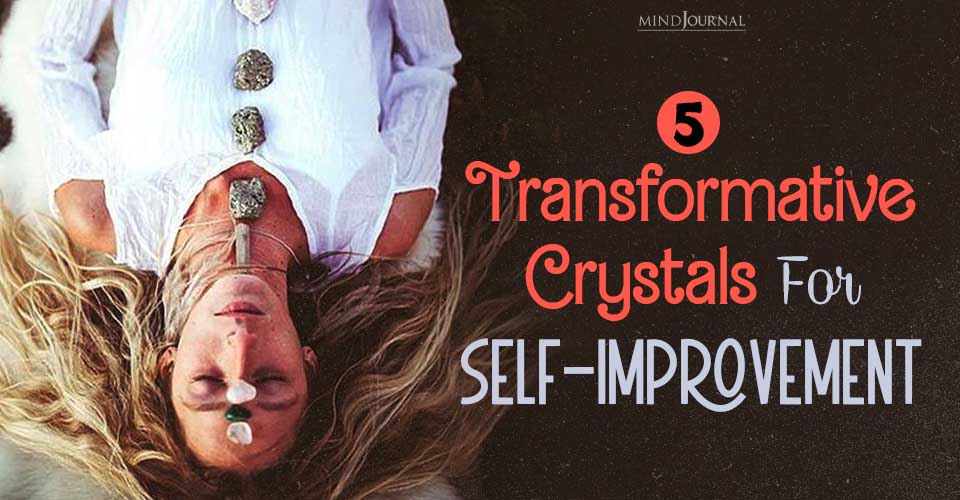
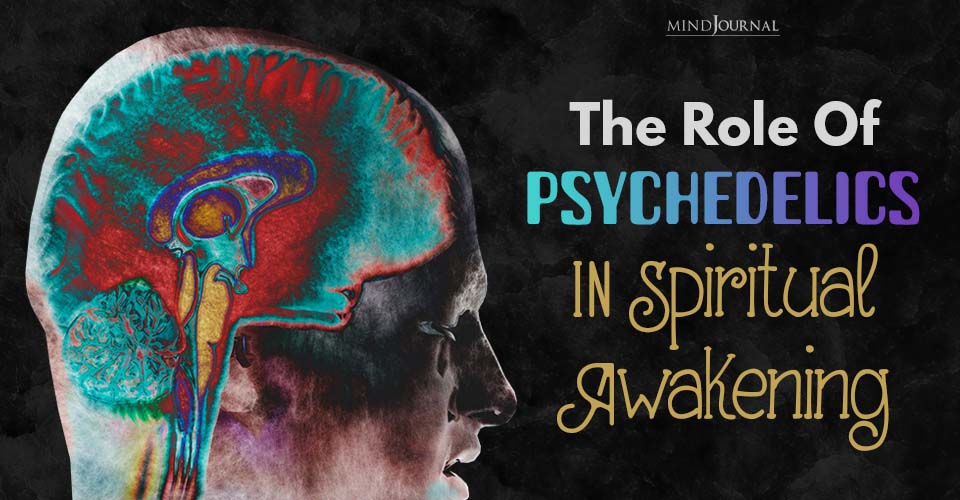

Leave a Reply